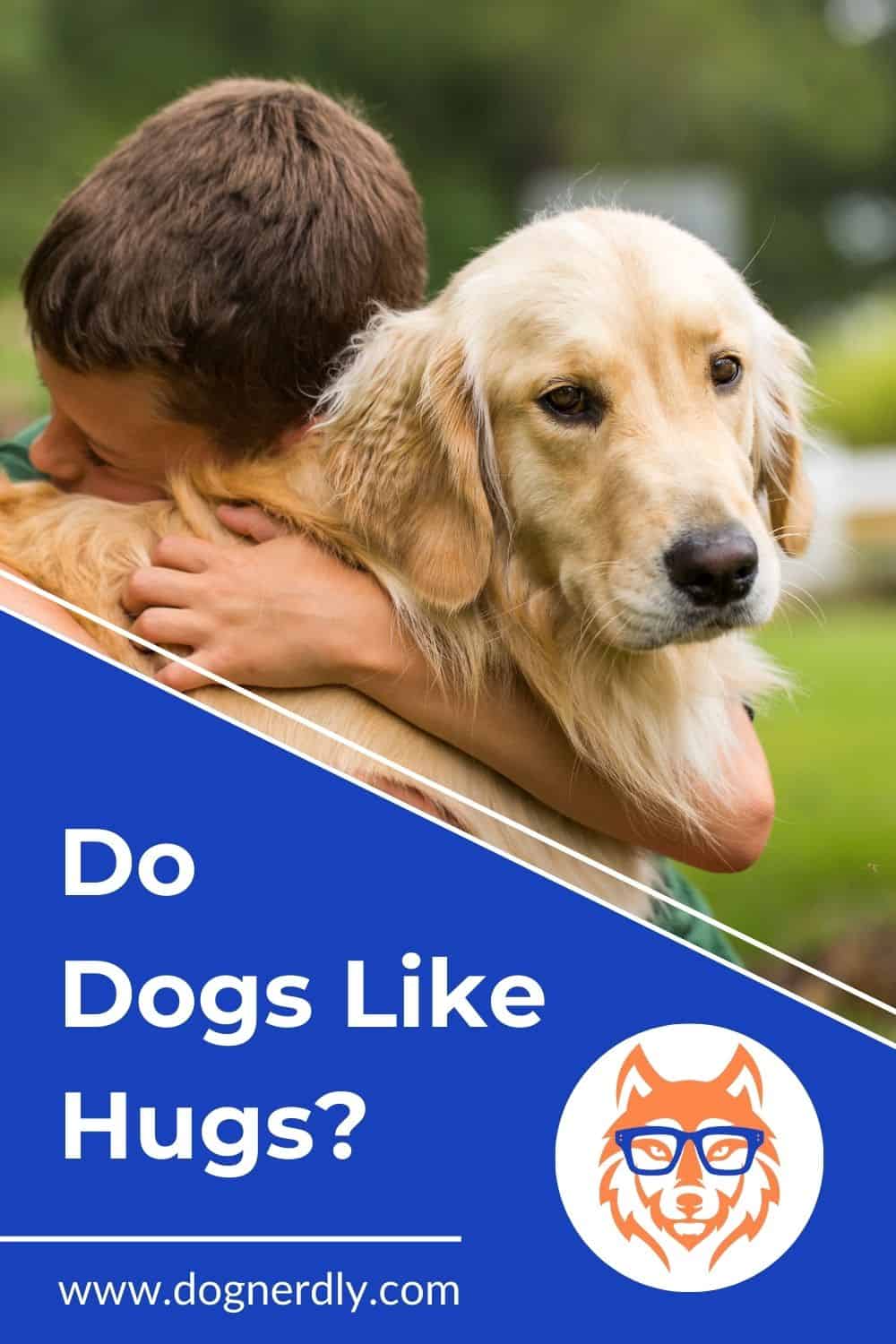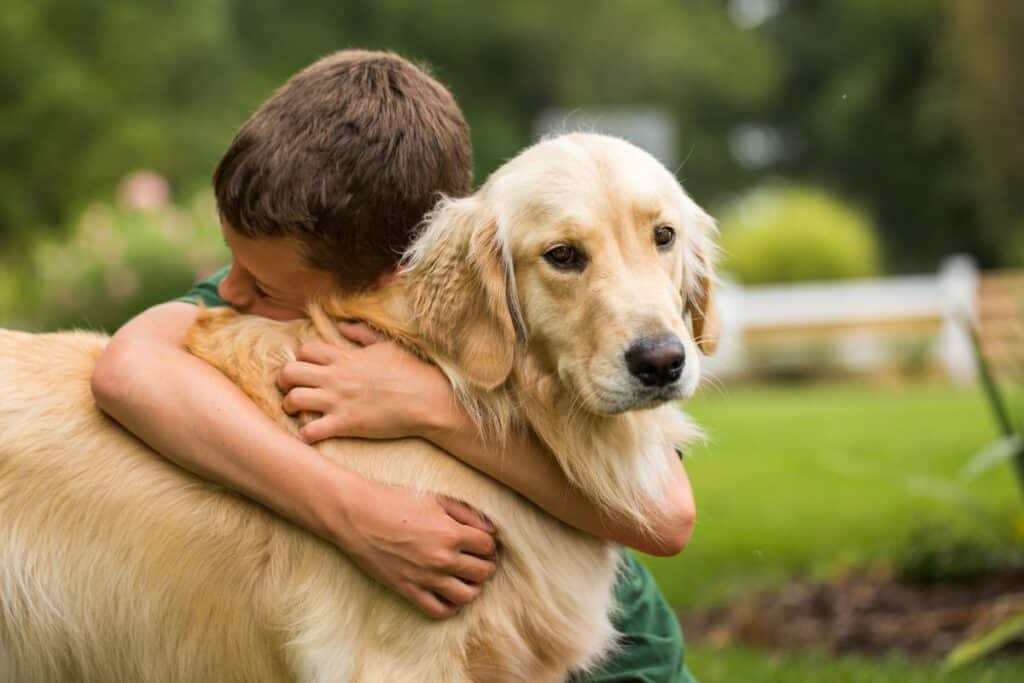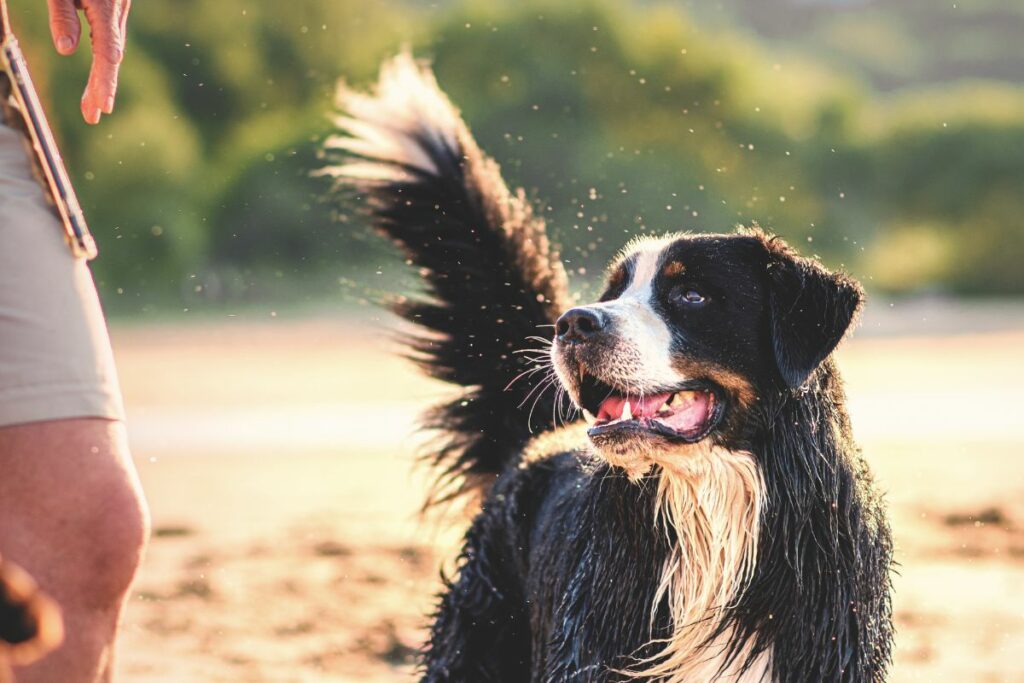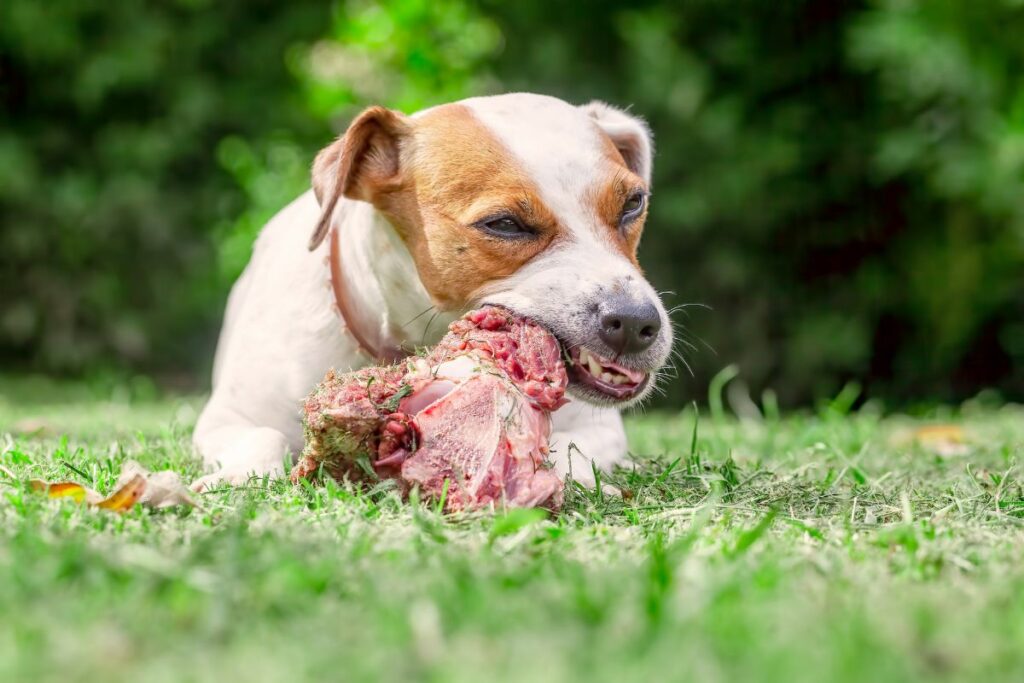Do dogs like hugs? Many dog owners ponder this question. While the answer varies, generally, dogs interpret hugs differently than humans, often perceiving them as a sign of restraint. Through this article, we'll explore how to recognize a dog's comfort with hugs and alternative ways to show affection, ensuring our furry friends feel loved and secure.
Understanding Canine Behavior and Body Language
In my years of working with dogs, I’ve learned that understanding a dog’s body language is crucial to interpreting their feelings about hugs. Dogs communicate primarily through body movements rather than vocal cues. A wagging tail, a relaxed posture, and an open, panting mouth often indicate happiness. Conversely, signs of discomfort may include avoiding eye contact, tucking their tail, and flattening their ears.
Why Dogs May Not Like Hugs
From a biological standpoint, dogs interpret hugs differently than humans do. While we view hugs as a sign of affection, dogs might see them as a restrictive gesture. This difference stems from dogs' evolutionary instincts—where being held closely could be perceived as a threat.
Many dogs also value their personal space. Encroaching on this space can lead to anxiety or defensive behavior, which is why some dogs might shy away from hugs.
Signs That a Dog May Not Enjoy Being Hugged
I always advise pet owners to watch for certain signs that a dog is not enjoying a hug. These include:
- Stiffening of the body: A rigid posture can be the first sign of discomfort.
- Avoiding eye contact: If a dog turns their head away from you during a hug, they’re likely not enjoying the interaction. Even more so, if your dog gives you the side eye (aka “Whale Eye”), it is a clear sign to stop.
- Lip licking and yawning: These are signs of nervousness that escalate with frequency.
- Growling or whining: These vocalizations are obvious cues that a dog is distressed.
How Some Dogs Might Enjoy Affection
Despite these general guidelines, some dogs do enjoy hugs, particularly if they have been raised with them from a young age. Each dog is unique, and breeds that are more sociable and people-oriented, like Labrador Retrievers and Golden Retrievers, are more likely to accept hugs as part of their interaction with humans.
It is important though to teach children to recognize the difference as they are commonly the victim of a hug gone wrong.
The Role of Socialization and Training
Socialization plays a pivotal role in how a dog perceives hugs. Dogs that are accustomed to close human contact from a young age are more likely to tolerate or even enjoy hugs. Positive reinforcement training can also teach dogs that hugs are not threatening and can be associated with pleasant experiences like treats and praise.
This won’t be true for every dog but is always worth exploring if you want a dog that you can snuggle with.
Safe Ways to Show Affection to Dogs
For dogs who are less comfortable with hugs, there are many other ways to express love. Some safe alternatives include:
- Gentle petting: Many dogs enjoy being petted along their back or under their chin.
- Verbal praise: Kind words in a soft tone can be very comforting to dogs.
- Playtime: Engaging in a dog’s favorite game is a great way to show affection.
Dogs and Kisses
When it comes to kisses, the same rules apply. While some dogs may understand kisses as a sign of affection, especially if introduced to them early, others might find them invasive. Always observe your dog’s reaction to a kiss and proceed accordingly.
Humans naturally look to kiss on the face, but most dogs don’t care for that close of contact. I’ve seen firsthand how an unwanted kiss on the head can lead to a bite on the face and scars for life. This unfortunately is more common than you might expect.
Expert Opinions
I've spoken with numerous veterinarians and animal behaviorists who agree that understanding individual dog behavior is key to safely sharing physical affection. They emphasize the importance of educating dog owners on reading their pets' cues effectively.
For more free education, check out our other articles on canine body language.
Frequently Asked Questions
Not all dogs dislike being hugged, but many may tolerate rather than enjoy it. It's important to read each dog's body language.
Look for signs of discomfort such as whale eye, stiffness, or trying to move away. These indicate that your dog is not comfortable with hugs or kisses.
Opt for other forms of affection like gentle petting, verbal praise, or play. Respect their space and comfort levels.
Breeds known for their sociability like Golden Retrievers and Labrador Retrievers may be more predisposed to enjoy hugs, though individual differences exist.
Teach children to approach dogs slowly and to read the signs of a dog’s comfort or distress. Encourage them to pet gently rather than hug.
Understanding whether dogs like hugs involves observing and respecting their individual preferences and comfort levels. By educating ourselves and others on the nuances of dog behavior, we can ensure that our expressions of affection are both safe and enjoyable for our canine companions.

Joseph Schifano is the President of The Academy of Pet Careers and Founder of DogNerdly.
With over 20 years of professional pet experience, Joseph got his start as an owner/operator of a 7-figure, all-inclusive pet care business. From there, he purchased The Academy of Pet Careers with a hopes of improving the quality of care provided by industry professionals. This role allowed Joseph to rub shoulders with some of the biggest names in the industry, and gain knowledge in every aspect of pet care.
After witnessing the popularity of social media influencers and the amount of misinformation being taught to pet parents, Joseph decided to create DogNerdly. The goal was to provide science-backed education for the average dog nerd in order to create a world where dogs and humans can live a more harmonious and empowered lifestyle.




